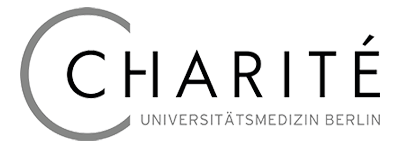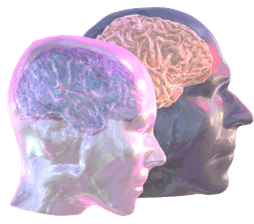
Charité Universitätsmedizin - Germany
The CHARITE is Europe´s largest University Hospital that combines leadership experience a strong track record for development of innovative technologies and combining science with outreach projects to engage public.
Petra Ritter serves as the director of the Section for Brain Simulation. This group has been at the forefront of network-based brain simulation, computational neuroscience and its clinical application for more than 10 years. In collaboration with other international research centers, the team led by Professor Ritter has developed a way to simulate a brain of an individual person or patient with reduced complexity but feasible, sufficiently accurate, scalable and already used in practical clinical applications. Professor Ritter’s group employs state-of-the art software engineering methods for developing tools for data processing, analysis and visualization.
Charite subcontracted Indoc for technical coordination from March 2020 to Feb 2022.

















